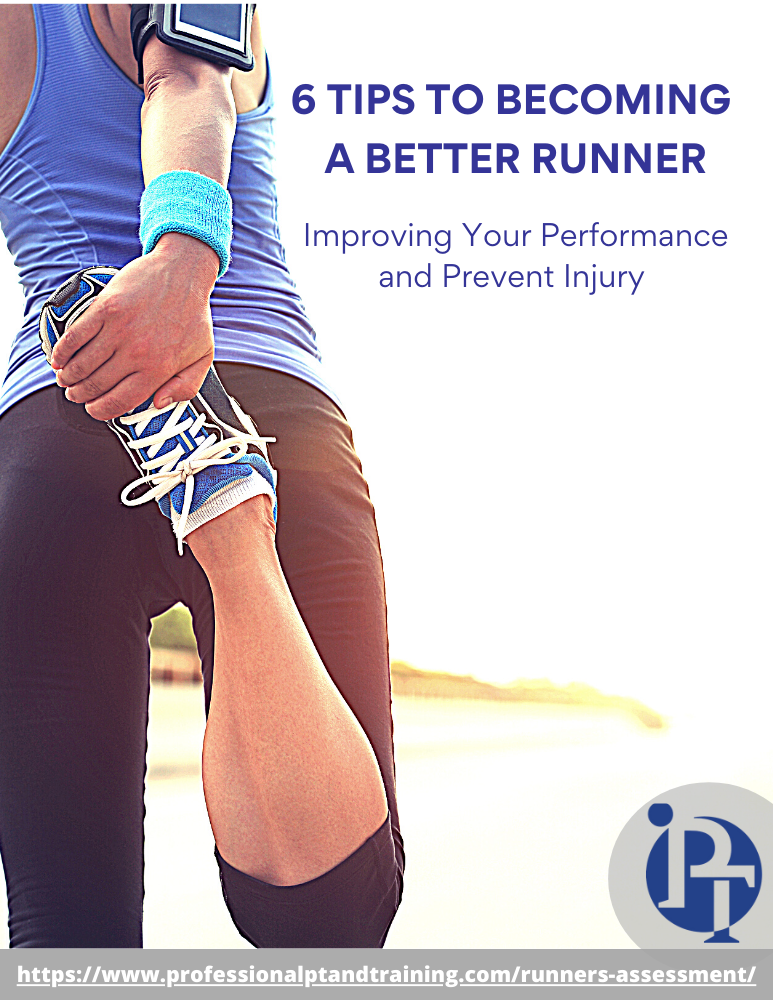Read below to learn about 3 of the most powerful tools to help you train smarter, not harder, for your next race!
First Pearl: Don’t overlook this integral part of training. When preparing for an event, many runners understand the need for increasing distance, speed and changing out their sneakers. But the one huge factor that most overlook is…SLEEP! Oftentimes, runners allow sleep to fall to the bottom of the list when preparing for an upcoming race. This mistake often goes unrecognized and therefore happens again and again. Sleep is when your body naturally produces growth hormone, which is a key ingredient for repair of tendons, muscles and ligaments to recover from strains and sprains. Prioritizing sleep can help protect you from breaking down with injury, as your training program progresses. As training volume (distance, speed, time etc.) increases, so should the amount of sleep that you get!
Second Pearl: Running does not strengthen your legs, strength training does. Many runners are surprised to find out this fact. Running does help condition your legs to a point, but not enough to handle all of the repetitions of all of the other moving parts while running. Runners of all levels need to focus on strengthening exercises to support their running habit. Without a solid leg, core and arm strengthening program, a runner is more susceptible to injuries that could potentially take you away from your beloved sport.
Third Pearl: Don’t Run Yourself Into The Ground. You might be surprised to hear this, but most elite marathoners do not run as often and far as you think. It is a very common “mythconception” that runners just need to rack up the miles to be successful. Running is a sport, not just an activity. By reducing how many intense runs you take over the week can help to decrease your risk of injury. In fact, research shows you should aim for 80% of your runs to be in the light intensity category (as it relates to speed and distance) and only 20% of your runs should be considered intense. So, if you run 5 days a week, only 1 of those runs should be considered intense (longer distance, faster pace and/or challenging terrain).
If you want more pearls of running wisdom, don’t miss out any longer and go directly to www.RunBetterWithPT.com or talk to one of our PT running specialists call 973-270-7417.
